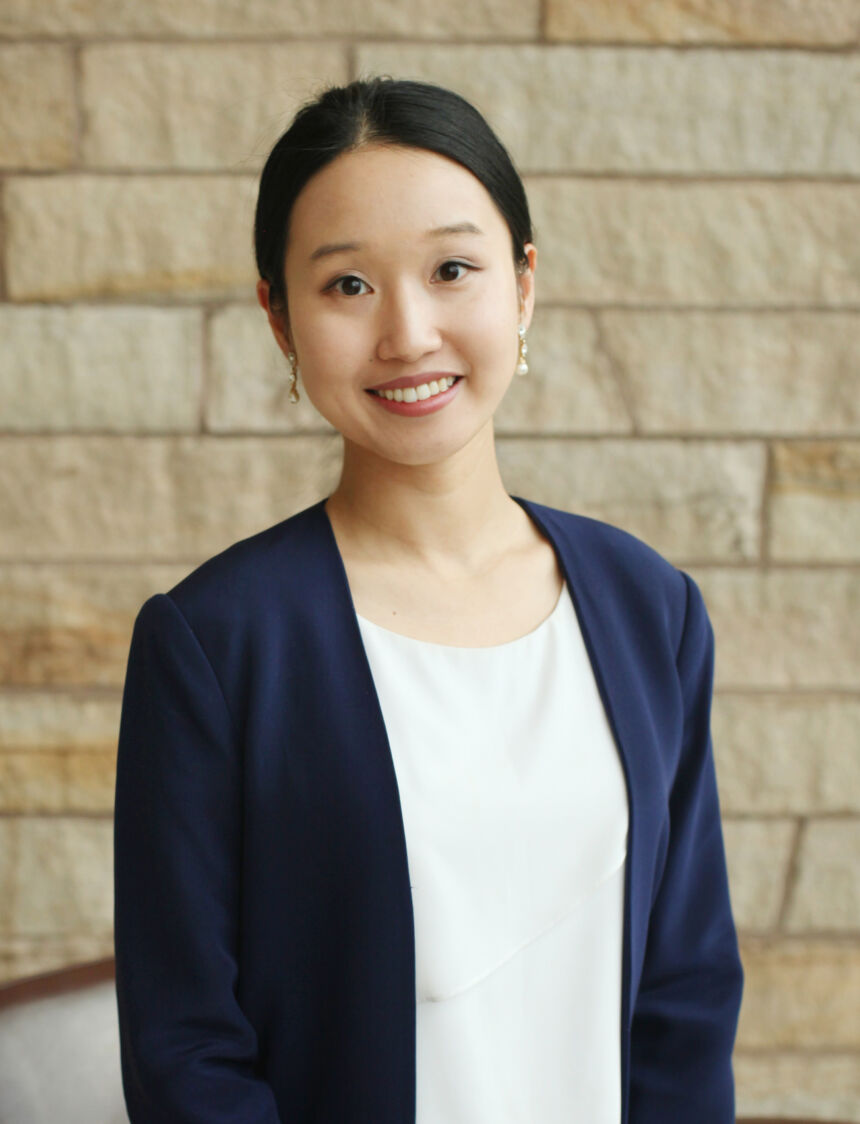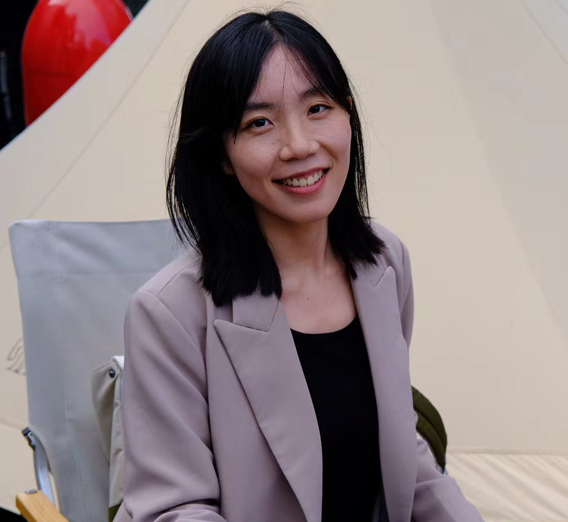October 27, 2022
School of International Affairs professor receives Sloan Foundation grant
UNIVERSITY PARK, Pa.— Dr. Wei Peng, assistant professor of international affairs at Penn State School of International Affairs received a grant for $551,476 from the Alfred P. Sloan Foundation.

UNIVERSITY PARK, Pa.— Dr. Wei Peng, assistant professor of international affairs at Penn State School of International Affairs received a grant for $551,476 from the Alfred P. Sloan Foundation to lead a project on studying how integrated assessment models, or IAMs, can better represent the political and human factors so the models can identify the most effective decarbonization strategies for the U.S. Finding solutions to resolve climate change starts with identifying all of its contributing factors. These factors go into IAMs to find pathways to mitigate carbon emissions and reduce the effects of climate change.
As principal investigator, Peng will lead conversations and collaborate with other modelers and political scientists to better quantify the drivers of climate change and the human impact that affects climate policy in modeling systems. Peng is also an assistant professor of civil and environmental engineering at the College of Engineering.
Vice Admiral (Ret.) James W. Houck, interim dean of Penn State Law and the School of International Affairs, said, “Wei Peng’s work to bridge the gap between the IAM community and the political science community shows the importance of interdisciplinary research. We’re looking forward to the findings of this project and how they continue the conversation of finding solutions to climate change.”

Huilin Luo. | Huilin Luo, a first-year Ph. D. student studying environmental engineering working under Peng, said, “This project is exactly what I want to do. I’m looking forward to the interdisciplinary collaboration because we’re interacting with political scientists. I’m interested in hearing their perspectives and I’m looking forward to the collaboration between the two distinct fields.” |
What Do IAMs Measure and How Can They Improve?
“Traditionally, modelers have been using IAMs to ask ‘What if’ questions. What if we shut down the power plants? What if we got rid of all the gasoline- based cars? The models can provide data on the answers to those questions,” said Peng. “To date, the IAMs are doing a fairly good job presenting the physical system such as energy technologies. But the political and human drivers aren’t as well represented in the modeling systems.”
Peng, a trained modeler, perceives climate change through quantitative data, but recognizes its shortcomings when looking for realistic solutions for decarbonization. “There’s a gap between the type of policies the model tells us we should do versus what we can actually implement given the sophisticated political and human environment we’re living in today.”
Peng and her colleagues will incorporate political economy insights to examine two main issues in their models: domestic policy instrument choices, and global supply chain strategies within the U.S. With this unique approach, they can upgrade IAMs to identify politically realistic and actionable solutions to take against climate change.
“Our mission is to ultimately tackle the climate problem through demonstration cases that are tied closely with the policy debates. We use these cases to push the frontier on how we can model the coupled human-natural system with improved representation of the human system,” said Peng.
Dr. Elizabeth Ransom, interim director of the School of International Affairs and associate professor of international affairs said, “Wei Peng’s work pushes the boundaries of what IAMs are currently capable of. This could change the way the IAM community approaches their research.”
The Importance of Process
With a variety of experts involved in this project, Peng has noted how the team needs to develop an understanding of the other discipline to foster meaningful collaboration. She described how concrete examples are important to identify instances of disciplinary differences, as opposed to talking in an abstract, high-level way.
“Modelers and social scientists have different trainings, different sets of research questions, and fundamentally different methodology. Hopefully, through co-developing and co-revising the modeling strategy, we can gradually develop the shared language in order to do work together,” Peng said.
One of the first steps forward in uniting the modeler and political science communities started with a paper Peng led in June 2021, Climate policy models need to get real about people—here’s how. Published in Nature, the other co-authors included leading modelers from around the world and a couple social scientists. “This is a consensus building piece. Many in the IAM community believe this is the direction we need to take,” said Peng.
For the new project, the team meets once a month to present concrete modeling demonstrations as a way to develop conversations between the members of the team and to make sure the modeling strategies represent the core insights from the political science field.
Bringing Real Change Through Policy
Peng and her team engaged with policymakers to pinpoint the two modeling issues they will explore in the project. She is taking steps to keep them involved with their findings.
“We plan to have an annual workshop for researchers and policymakers in Washington, D.C. We’ll also work with them to develop a synthesis paper about what worked and what didn’t work in the project. It’s truly about knowledge co-production. We want to identify the good practices to ensure we produce actionable knowledge. Our modeling strategies need to be reflective of concrete policy needs. When we’re modeling realistic decisions, we’re going to have specific model users and decision makers in mind,” Peng said.
Peng’s research for this project started in September 2022 and is expected to end in August 2025.
